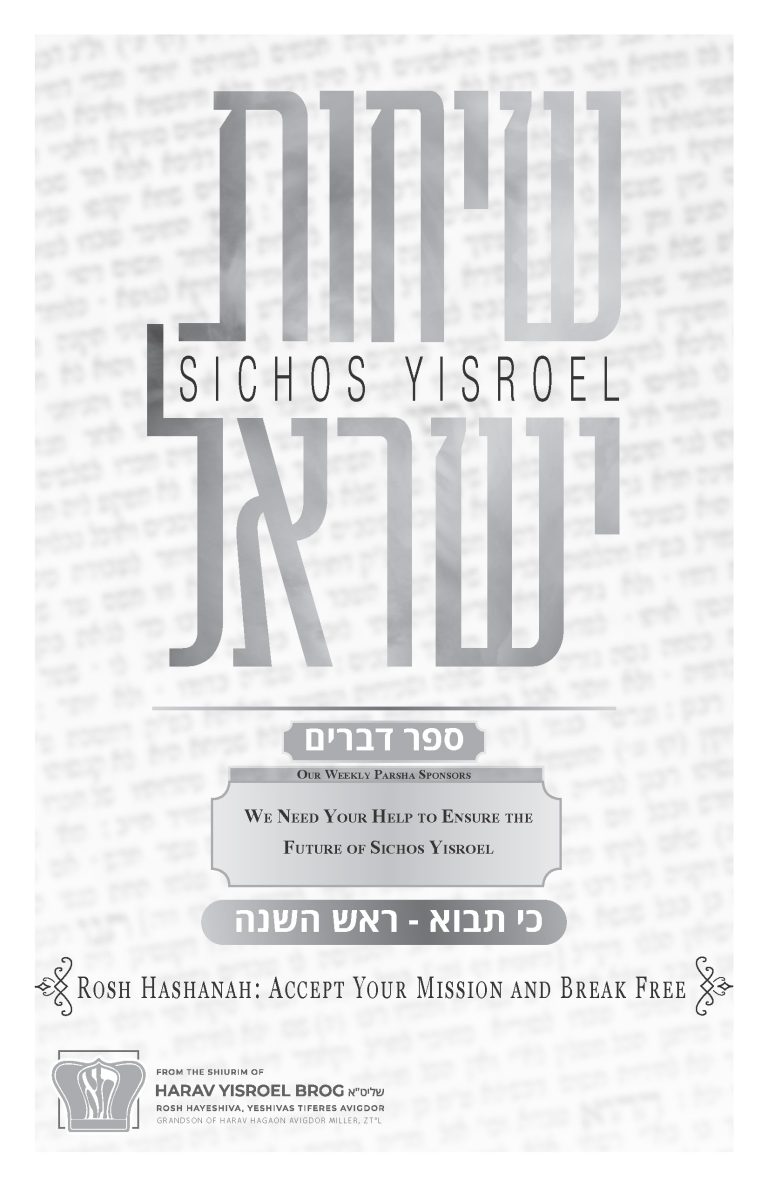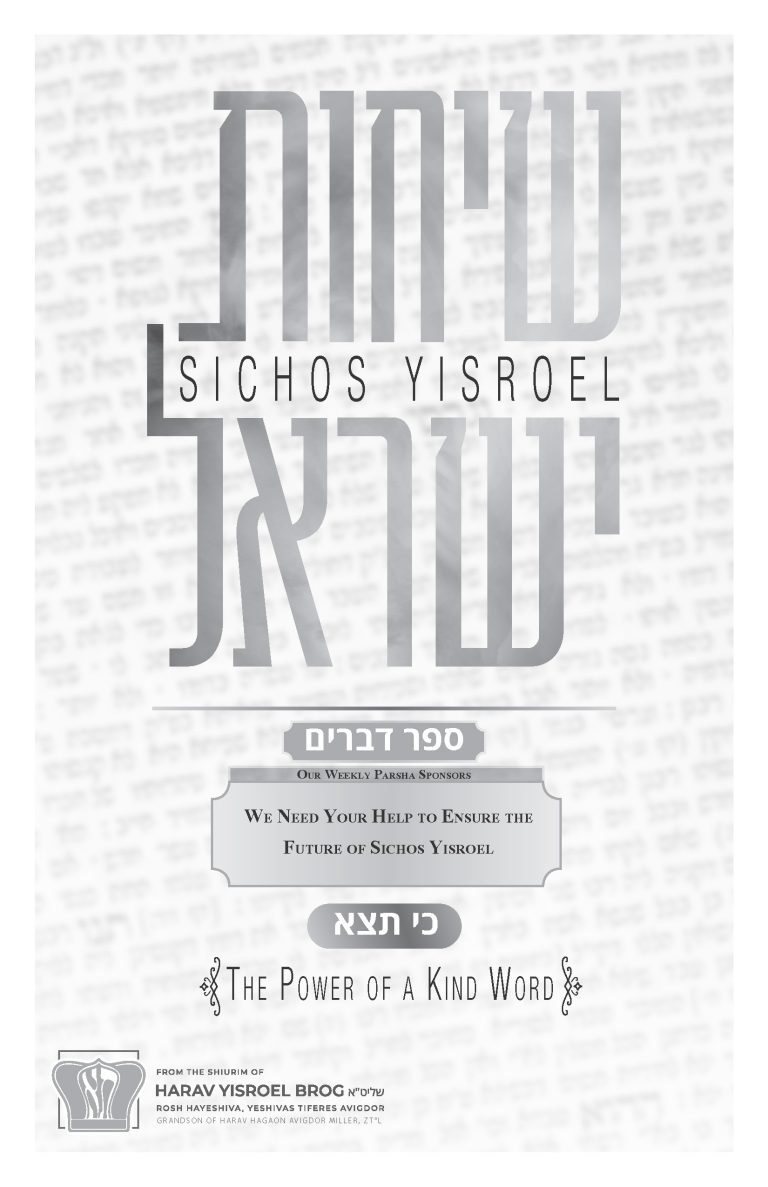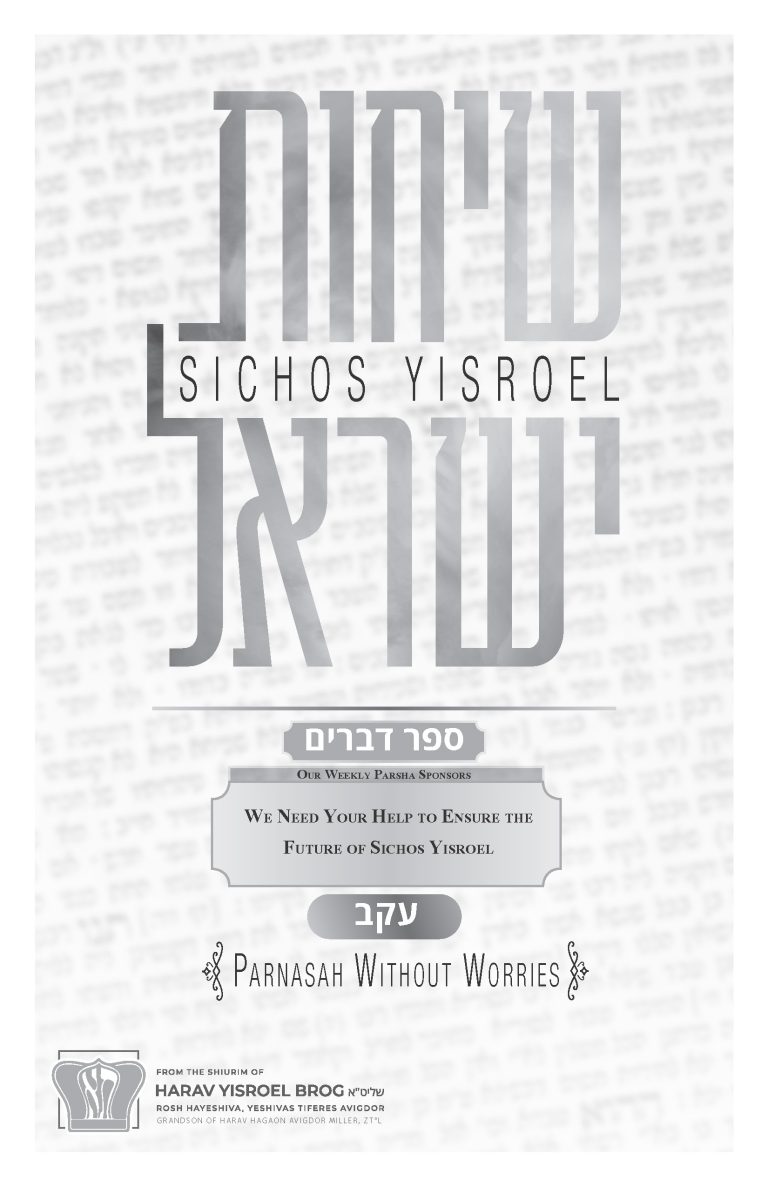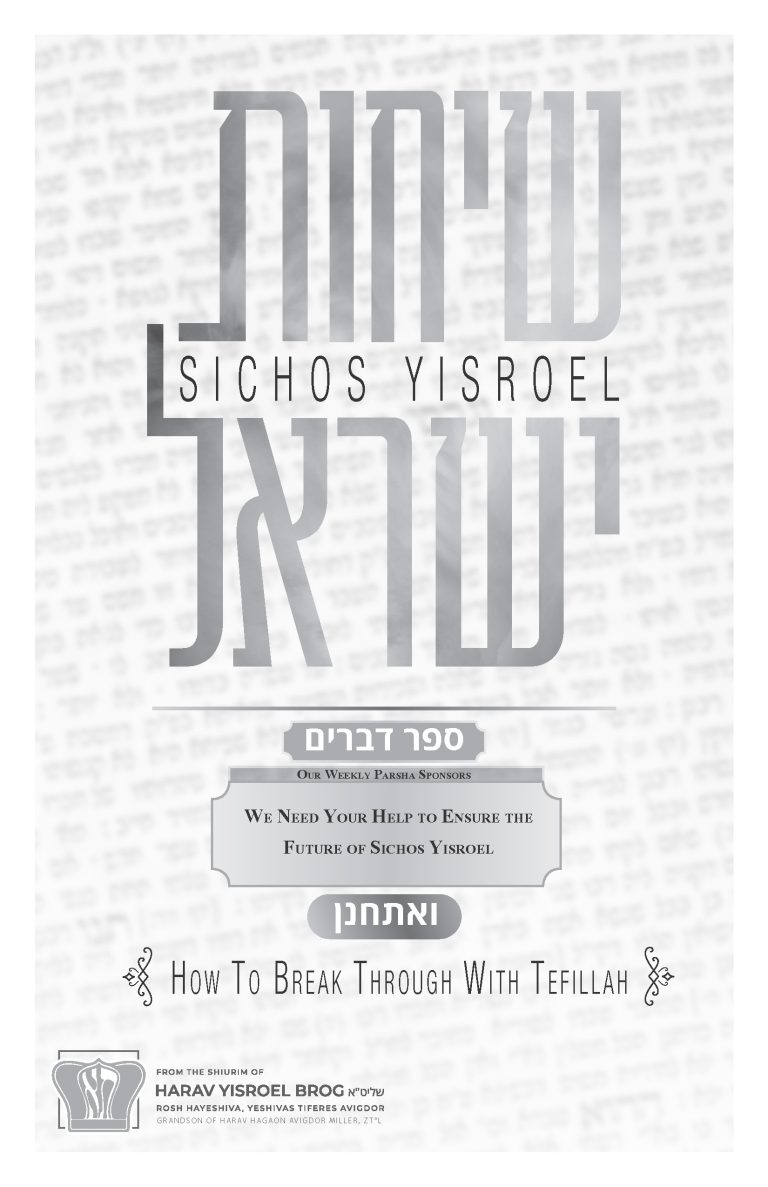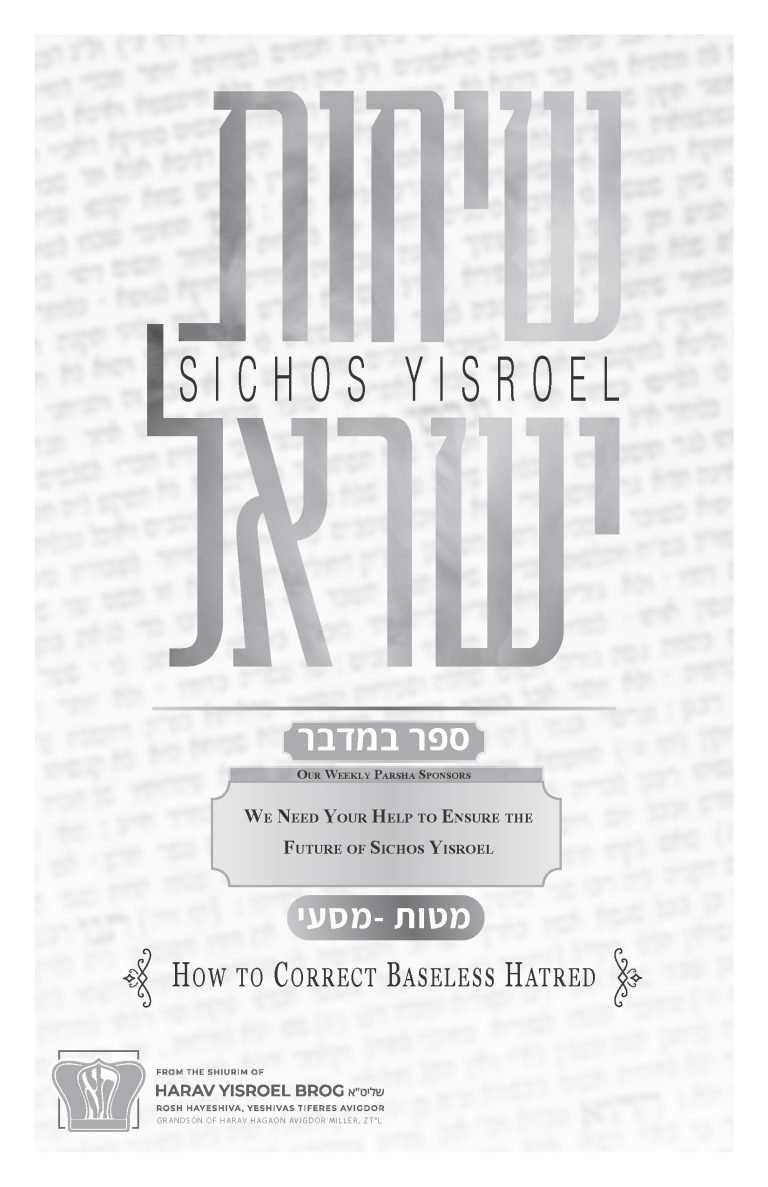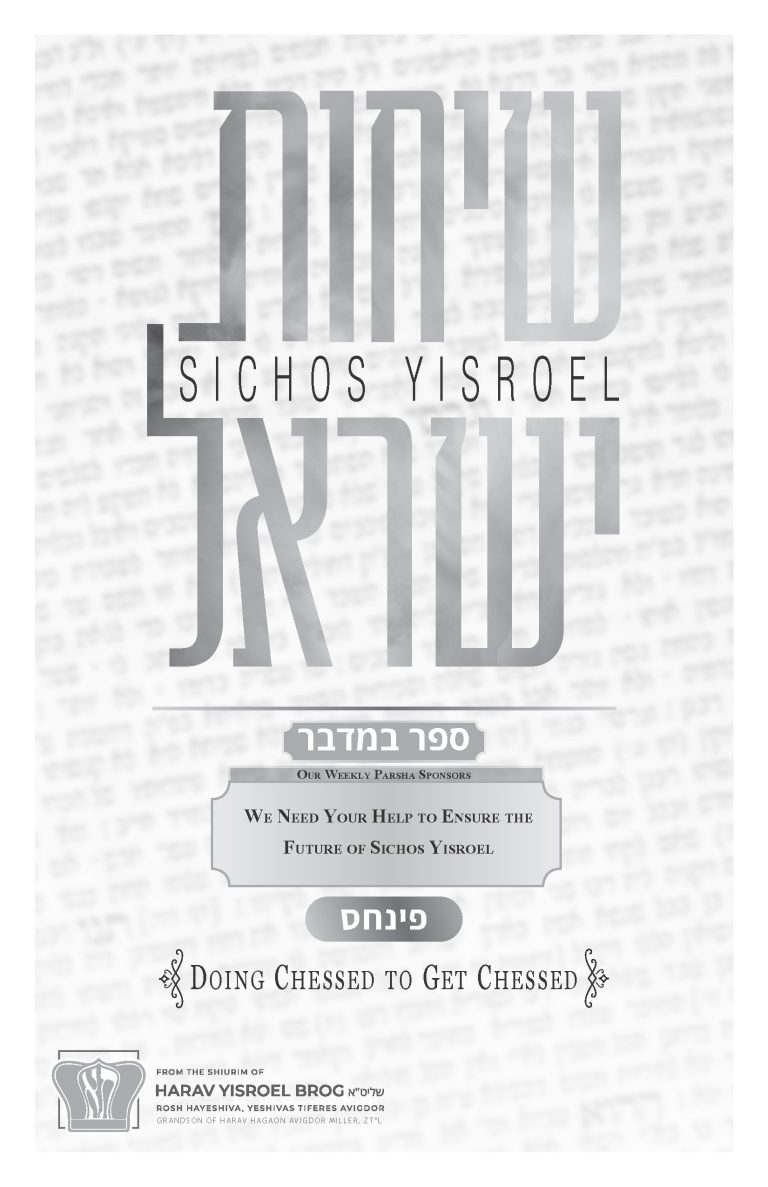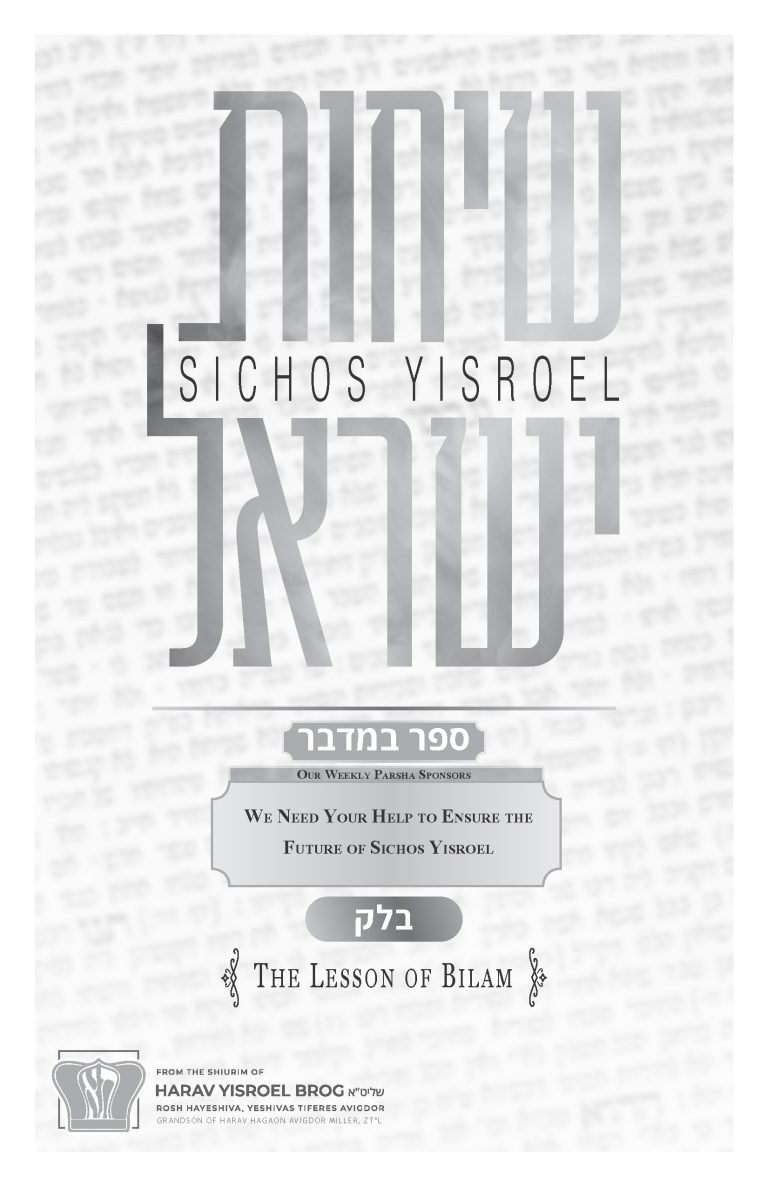Parshas Ki Savo: Rosh Hashanah: Accept Your Mission and Break Free
Let’s say a person had challenges this year which were sent to enable him or her to fulfill the mission for which they came to this world. But instead of utilizing them to fulfill their mission they did the opposite. So then Hakadosh Baruch Hu says, “We have to turn up the heat a little bit.” But if a person passes the challenges, then Hakadosh Baruch Hu says, “Now you’re ready for the next step.”
